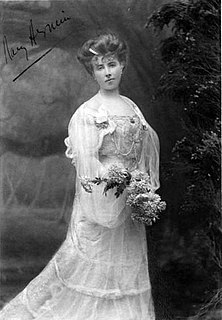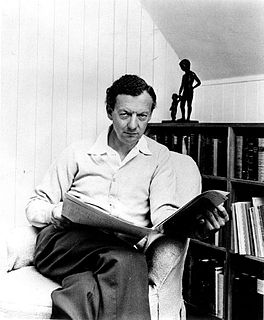A Quote by Wallace Stevens
I do not know which to prefer, The beauty of inflections, Or the beauty of innuendoes, The blackbird whistling, Or just after.
Related Quotes
Augustus: “You probably need some rest.” Me: “I’m okay.” Augustus: “Okay.” (Pause.) “What are you thinking about?” Me: “You.” Augustus: “What about me?” Me: “‘I do not know which to prefer, / The beauty of inflections / Or the beauty of innuendos, / The blackbird whistling / Or just after.’” Augustus: “God, you are sexy.” Me: “We could go to your room.” Augustus: “I’ve heard worse ideas.
It is the search for beauty...That is what it is. We find ourselves on this earth--gods and men--and we know that it is beautiful. That is one of the few things we understand--beauty; because it is there, in the world, and we can see it all about us. We want beauty. It requires our love. It just does.
Beauty captivates the flesh in order to obtain permission to pass right through to the soul. . . . When the feeling for beauty happens to be associated with the sight of some human being, the transference of love is made possible, at any rate in an illusory manner. But it is all the beauty of the world, it is universal beauty, for which we yearn.
At root, a pearl is a 'disturbance' a beauty caused by something that isn't supposed to be there, about which something needs to be done. It is the interruption of equilibrium that creates beauty. Beauty is a response to provocation, to intrusion. ... The pearl's beauty is made as a result of insult.





































